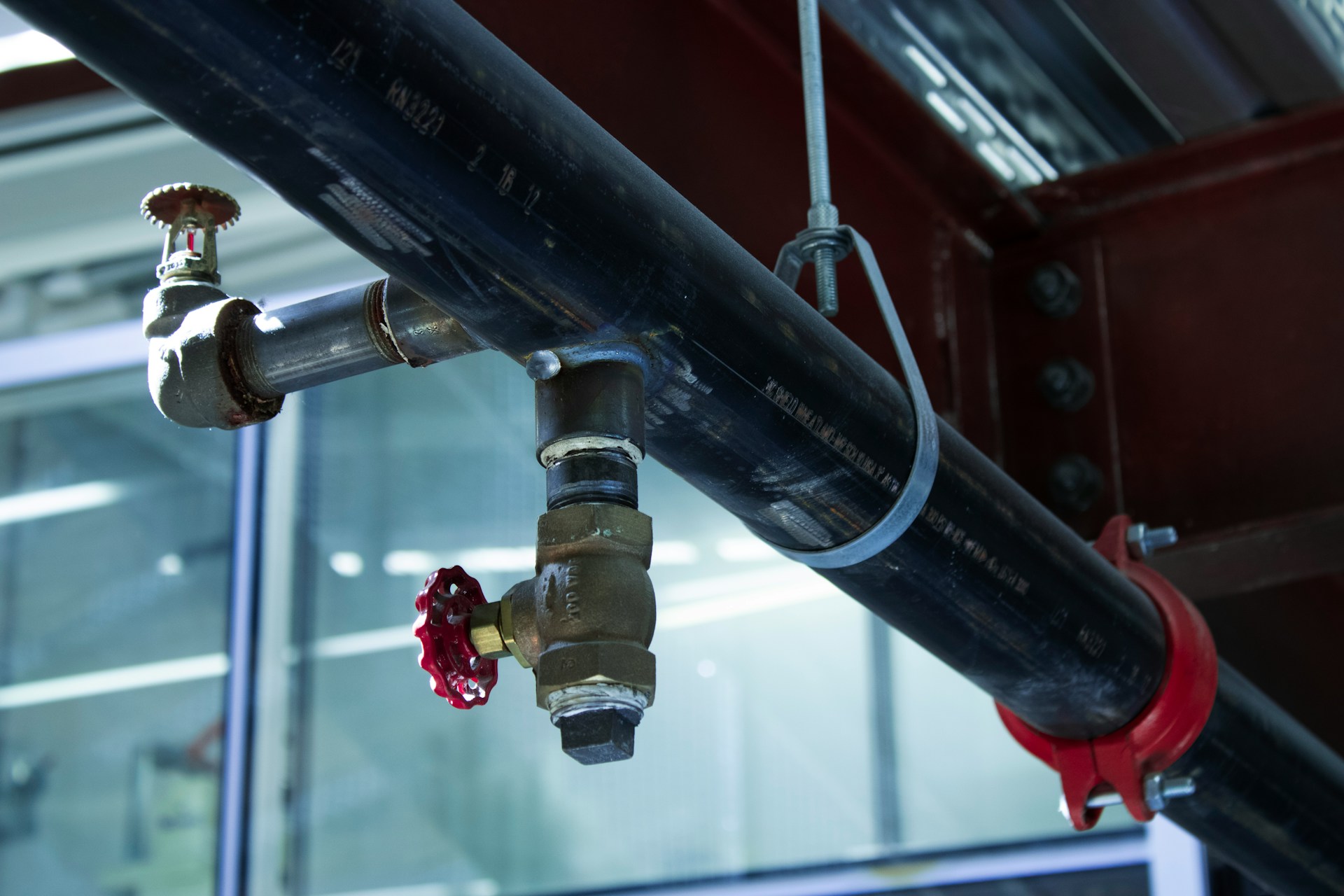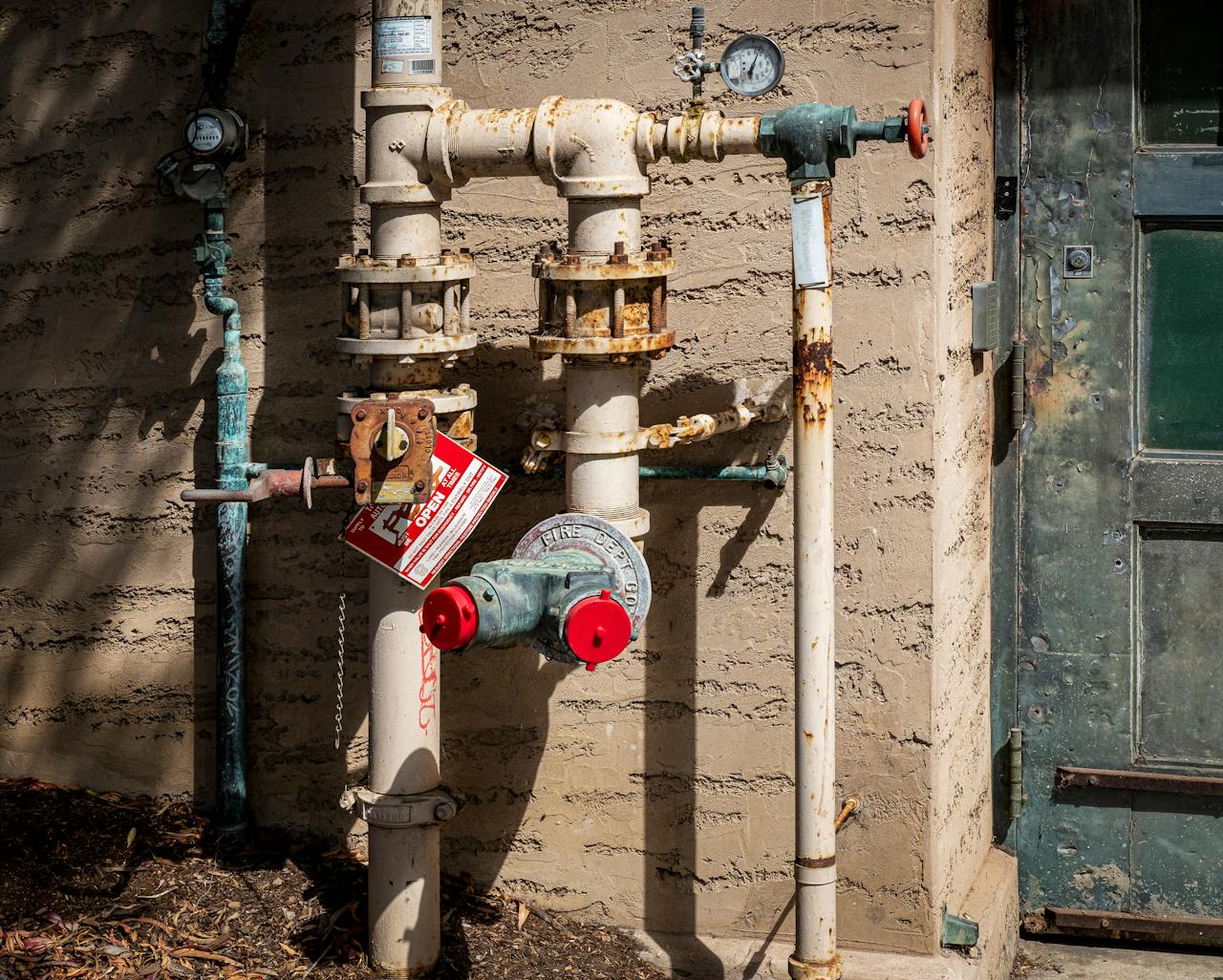When Repiping a House Is Your Best Option

Old homes have many things in common, one of them being plumbing leaks. As your pipes get older they start to spring leaks more often. When frequent plumbing repairs become too much a nuisance you'll be asking people what to do. The best solution is to repipe your house. It may sound a little intimidating, but stick with me and we'll show you why it's not such a big deal after all.
When it comes time to repipe your house, you will want to know what's involved and how much you'll be inconvenienced during the process. Repiping is a significant but necessary investment that can save you money and stress in the long run. The cost of a repipe job depends on the size of your home and how much pipe needs to be replaced.
Let's go through the ins and outs of repiping, including when to repipe your home, the benefits of repiping, and how to get started. By the end, you'll have a better understanding of why repiping might be the best solution for your home's plumbing issues.
Why Repiping a House Saves Money
Old plumbing pipes, wear out the same as anything else we use in our homes. Plumbing leaks are more frequent when pipes are corroded inside, or the buildup inside the pipes narrows the passage of water. Once your plumbing system get s to this point, the only option really, is to replace everything. There are a few pipe materials you can look at, so keep in mind how long the material lasts, compared to how long you plan on living in your present home. Then plan the job accordingly.
Recognizing the signs that you need to consider repiping. Here are some common indicators that it's time to take action:
- Frequent Leaks: If you're constantly repairing leaks, it's a sign that your pipes are deteriorating.
- Low Water Pressure: This could be due to rust or mineral buildup within the pipes, restricting water supply.
- Discolored Water: Brown or yellow water indicates rust and corrosion inside the pipes.
- Noisy Pipes: Banging or clanking noises can signal pipe damage or instability.
- Age of the Pipes: Homes built more than 50 years ago may have outdated, old plumbing material like galvanized steel, which are prone to corrode and eventually fail.
- Lead Pipes: If your home still has lead pipes, you know what to do.

Benefits of Repiping a House
Repiping your home comes with several significant benefits that make it a worthwhile investment:
Pipe Material You'll Need to Repipe
Selecting the appropriate materials for your repiping project is crucial. Here are some common options:
The Repiping Process
Understanding the repiping process can help you prepare for the project. Here's a general overview:
- Inspection and Planning: A professional plumber will inspect your current plumbing system and plan the repiping layout.
- Choosing Materials: Based on your needs and budget, the plumber will help you select the best materials.
- Installation: The plumber will replace old pipes with new ones, which may involve cutting into walls and ceilings.
- Testing and Cleanup: After installation, the plumber will test the new system for leaks and ensure everything is functioning correctly. They will also patch up any holes made during the installation.
The Right Way to Repipe a House
Repiping is a complex job that requires professional expertise. Here are some tips for hiring the right plumber:
Repiping your home is a significant undertaking, but the benefits far outweigh the challenges. By addressing frequent plumbing issues, improving water quality, and increasing your home's value, repiping is a wise investment for any homeowner. If you're experiencing signs of deteriorating pipes, don't wait for a small problem to turn into a major headache. Consult with a professional plumber today to explore your repiping options and secure a more reliable plumbing system for your home.